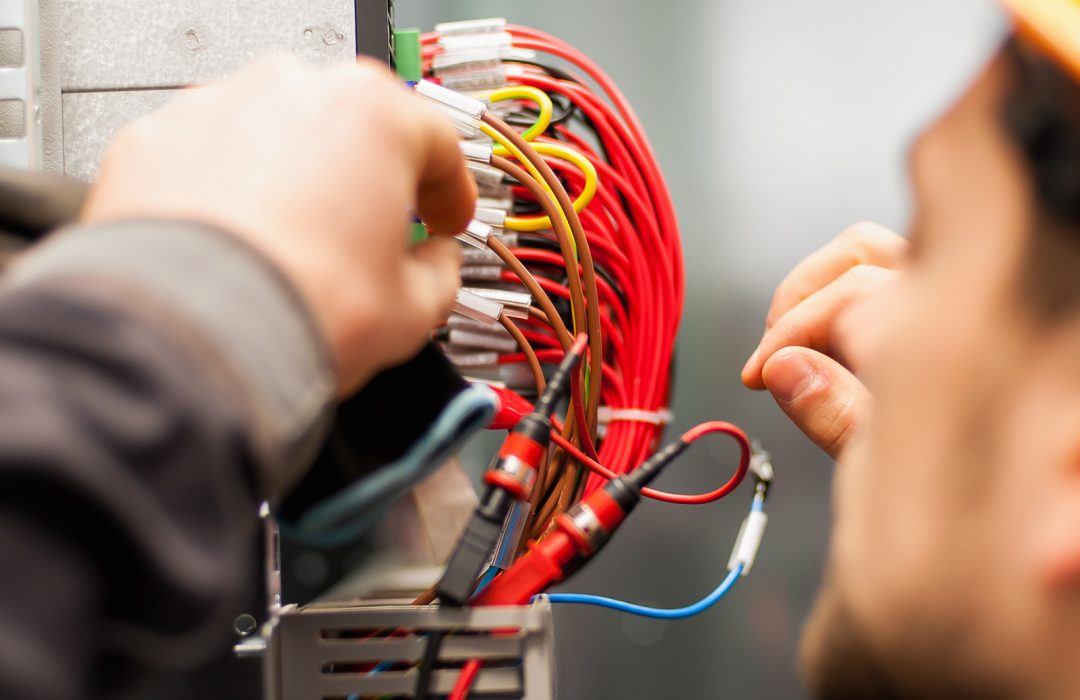Do you need to hire an electrician? There are a few important things that you should do before entering into a contract with any contractor. In this blog post, we will discuss 6 questions that you should ask before hiring your next Langley electrician contractor and 10 home electrical wiring questions for homeowners.
Tips for hiring electricians
- Ask your friends, family, and neighbors for recommendations.
- Check with the Better Business Bureau to see if there are any complaints against the contractor.
- Get at least three estimates from different contractors.
- Make sure that the contractor is licensed and insured.
- Read the contract carefully before signing it.
- If you have any questions, don’t hesitate to ask.
8 Questions you should ask before entering a contract with an electrical contractor
Questions you should ask before entering into a contract with an electrical contractor:
- What is the scope of work?
- What is the price?
- When will the work be done?
- Is the contractor licensed and insured?
- What are the warranty terms?
- Can the contractor provide references?
- Are you a member of any professional associations?
- What is your policy on clean up and disposal of waste material (trash, etc)?
Top home electrical wiring questions
Top home electrical wiring questions homeowners should ask:
How to get cheapest electricial services for household needs. What are the different types of wires used in homes? What are the most common electrical wiring problems in homes? How can I prevent electrical fires in my home? What should I do if I smell gas?
These are just a few of the questions that homeowners should ask before hiring an electrician. For more information, please visit our website or contact us today. We would be happy to help!
How to get cheapest electricial services for
- Find a company that offers the best rates
- Compare prices and services to find the most affordable option
- Ask friends or family for their recommendations
- Check out online reviews from other customers
- Get quotes from different companies before making your final decision
- Read over any contract thoroughly before signing on the dotted line to make sure you know what you’re getting into
What you need to know before buying a residential electricial
Electricity is a basic necessity in homes. It powers appliances, lights, and keeps us warm in the winter. When it comes time to upgrade or install new electrical services in your home, it’s important to understand the different types of residential electrical systems available. This will help you make an informed decision about which system is best for your home. In this blog post, we’ll discuss the three most common types of residential electrical systems: standard, parallel wiring, and series wiring. We’ll also give you some tips on how to choose the right system for your home. Stay tuned!
Standard Wiring
In a standard wiring system, each circuit is powered by a single breaker. This type of system is the most common and it’s best suited for homes with fewer than 15-20 electrical circuits.
Parallel Wiring
A parallel wiring system allows two or more breakers to power a single circuit. This type of system is ideal for larger homes with more than 20 electrical circuits. It’s also a good choice for homeowners who want the ability to run multiple appliances at the same time.
Series Wiring
A series wiring system sends power from one breaker to another until it reaches the appliance or light that needs electricity. This type of system should only be used in emergencies because it can overload the circuit and cause a fire.
How to choose the right residential electrical system for your home
When choosing a residential electrical system, it’s important to consider the size of your home, the number of appliances you have, and how much power you need. Here are some tips on how to choose the right system for your needs:
- If you have a small home with fewer than 15-20 electrical circuits, a standard wiring system is best suited for your needs.
- If you have a larger home with more than 20 electrical circuits or want the ability to run multiple appliances at the same time, a parallel wiring system is ideal.
- If you need extra power for an appliance or light that exceeds the capabilities of a standard or parallel wiring system, use a series wiring system as a last resort.
- Remember to always consult with a qualified electrician before making any decisions about your home’s electrical system. We can help you choose the right system for your needs and make sure it’s installed safely and correctly.
Stay safe and in touch!
